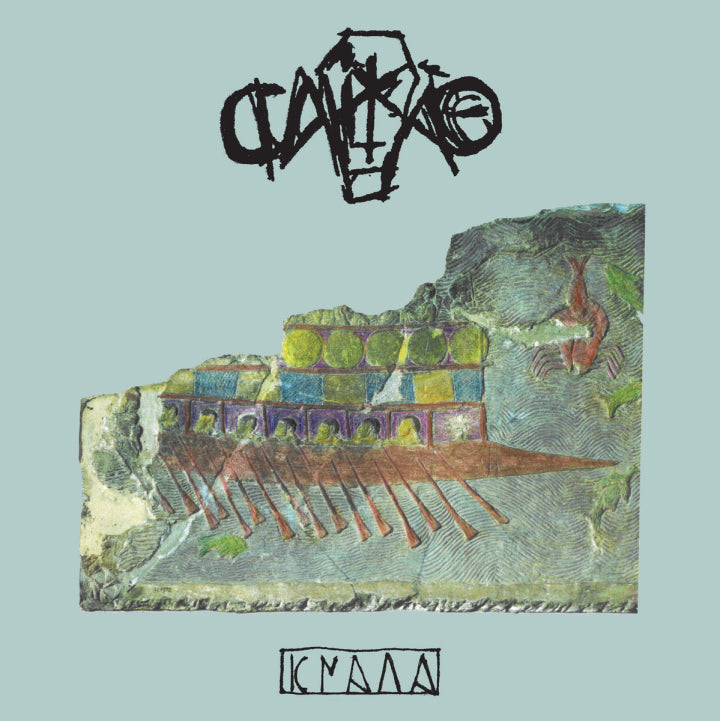1
/
of
1
Caixao "Knaga" LP
Caixao "Knaga" LP
Regular price
$ 24.99 USD
Regular price
Sale price
$ 24.99 USD
Taxes included.
Couldn't load pickup availability
Caixão (“Coffin”) boldly inserted itself into the consciousness of the underground with the release of the otherwise untitled 2020 Demo. Hailing from Portugal, Caixão is entirely the work of one man, referred to as JG, also known for his superb Fall to the Idol zine. Caixão’s debut album, like the demo, exhibits sophisticated composition and musicianship, as well as a staggering breadth of influences deftly woven together to achieve a sound both novel and rapturous. One hears in Caixão the Mediterranean majesty of bands like Varathron, Rotting Christ, Zemial, Kawir, early Moonspell, and Mortuary Drape; the tropical occultism of Mystifier; the hypnotic northern coldness of Beherit and Black Crucifixion; and the outsider unorthodoxy of Master’s Hammer, Root, and Sigh. While this list of prominent names might seem to be too crowded to provide any meaningful sense of Caixão’s sound, it is nevertheless accurate. Caixão’s deepest influences arguably come from outside of music and, for that matter, all the trappings of modernity. One of black metal’s unique traits is how it synthesizes the ancient and the contemporary, harnessing atavistic impulses in the service of a sound that is decidedly modern. “The past is alive” is an axiom upon which the entire genre was conceived. Inspired by the remnants of lost civilizations whose natures remain mysterious, cultural emanations from thousands of years ago form the thematic core of Caixão. The title of the album, Knaga, comes from a language used by Iron Age settlers in the southern part of Iberia. It is believed to be a name, possibly that of a woman, scrawled into one of the “warrior” stelae—ancient stone monuments inscribed with sigils and text that were typically placed in symbolically potent locations or liminal spaces, like burial sites or near bodies of water, and often associated with religious and ritual activity. Though their corpses have long been reduced to dust, we remain mystified by the reality these ancient people inhabited, so distant and removed from the one we experience—a time when man’s psyche was attuned to the numinous, with no distinction between the material and spiritual realms. Drawing upon various ancient texts describing pre-Roman explorations of the Iberian Peninsula (excerpts from which are included in the liner notes) each track on this album is dedicated to a specific place in the southern regions of modern-day Spain and Portugal. Musically, Knaga is an undeniable leap forward for Caixão. Unparalleled attention to detail in Caixão’s music keeps the listener engaged through every shift in tempo and melody. The songs, complex, winding, unpredictable, convey a sense of movement, a voyage advancing toward a final destination. Haunting acoustic intros and interludes interspersed throughout the album evoke the mystical atmosphere of the ancient world, while the songs themselves reflect the carnage and savagery of the present day. The production on the album is perfectly suited to this goal, striking the often-elusive mark of being well-recorded but not polished, with the individual instruments given ample breathing room yet still coalescing into a composite sound. To those fans for whom Caixão’s opening salvo whetted their appetites for more material, Knaga, will undoubtedly exceed expectations. For those who previously overlooked the band, this album should earn Caixão the accolades it rightfully deserves.
Share


